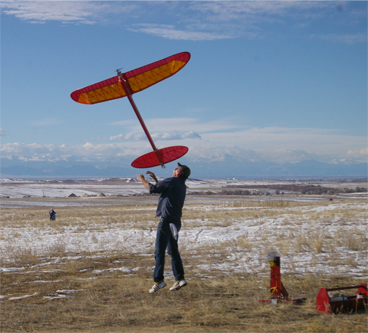2013 STARS Hall of Fame
Dr. David Wineland
Nobel Prize–Winning Physicist & Quantum Pioneer
Encina HS
Dr. David Wineland is a Nobel Prize–winning physicist whose groundbreaking work in quantum mechanics has reshaped our understanding of time, matter, and possibility. A 1961 graduate of Encina High School and proud CSF Sealbearer, Dr. Wineland went on to earn degrees from UC Berkeley and Harvard before joining the National Institute of Standards and Technology (NIST), where his discoveries continue to shape the future.
Awarded the 2012 Nobel Prize in Physics, Dr. Wineland developed experimental methods to measure and manipulate individual quantum systems—enabling revolutionary advances like ultra-precise atomic clocks and quantum computing. His research opens new frontiers in drug discovery, data processing, and the mysteries of the universe itself.
For Dr. Wineland, physics has never been a job—it’s a lifelong passion. He encourages young people to follow their curiosity and work hard, noting: “The biggest reward is just having the opportunity to explore new ideas.”

“As nice as it is to be recognized for accomplishments, I think the biggest reward for me has been just to have the opportunity to explore new ideas. The physics has never been a job; it’s more like a hobby – and just the process of doing research is extremely interesting and rewarding.”


